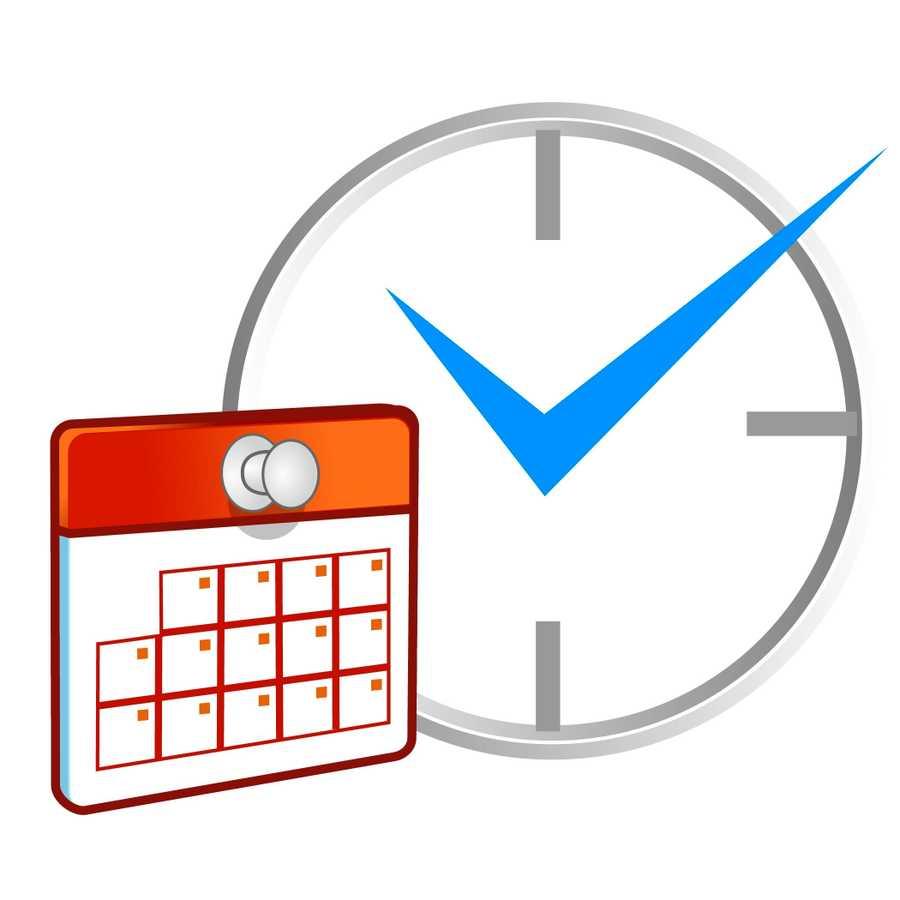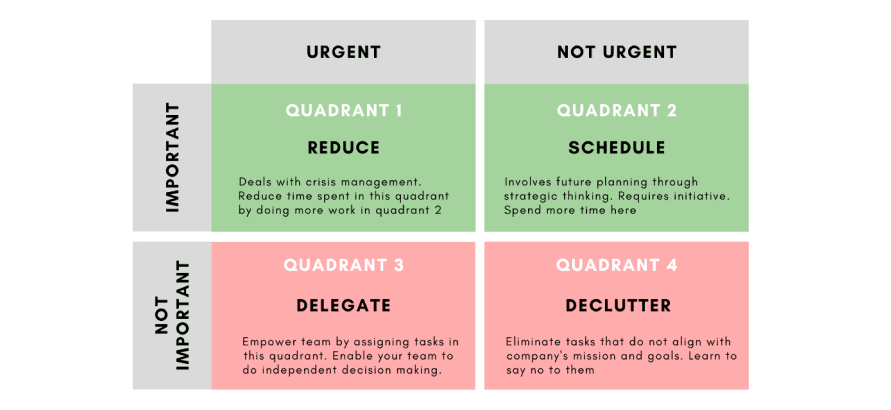The Productive Phase I
For the following three weeks, follow the path you scheduled on the first day. But you might have made some optimistic plans.
Activities that should take one day might be longer. So you must work with two objectives:
- First, adjust your plan by analyzing the impact of the change and how much time you gained or lost. If you can anticipate other tasks from the to-do list, do it. Otherwise, fill the remaining time with activities from your second list.
- Second, improve your performance. Track what slows you don’t and what speeds you up. So you will schedule tasks better in the future.
117
786 reads
CURATED FROM
IDEAS CURATED BY
Passionate about self-improvement, personal growth, finance, and creativity. I love to inspire people to become the better version of themselves. Author @ www.cosmopolitanmindset.com
Periodization helped me improve my side hustle and create better content.
“
The idea is part of this collection:
Learn more about habits with this collection
How to practice self-compassion
How to identify and challenge negative self-talk
How to build self-confidence
Related collections
Similar ideas to The Productive Phase I
The most important task method (MIT)
Rather than writing out a massive to-do list and trying to get it all done, determine the 1-3 tasks that are absolutely essential and then relentlessly focus on those tasks during the day.
Once you determine your 1-3 most important tasks, they are scheduled first in your day. You the...
The time blocking method
When thinking about our workday, we should give every minute a job. This technique is called time blocking.
Most people generally approach their workday with a list of tasks where they fill the time between scheduled meetings and calls reacting to emails. When the mood str...
The Eisenhower Matrix
The Eisenhower Matrix productivity method lets you consider the urgency and importance of each task. This method breaks tasks into four quadrants and prescribes how we should deal with tasks in each block.
- Urgent and Important tasks: should be ...
Read & Learn
20x Faster
without
deepstash
with
deepstash
with
deepstash
Personalized microlearning
—
100+ Learning Journeys
—
Access to 200,000+ ideas
—
Access to the mobile app
—
Unlimited idea saving
—
—
Unlimited history
—
—
Unlimited listening to ideas
—
—
Downloading & offline access
—
—
Supercharge your mind with one idea per day
Enter your email and spend 1 minute every day to learn something new.
I agree to receive email updates


